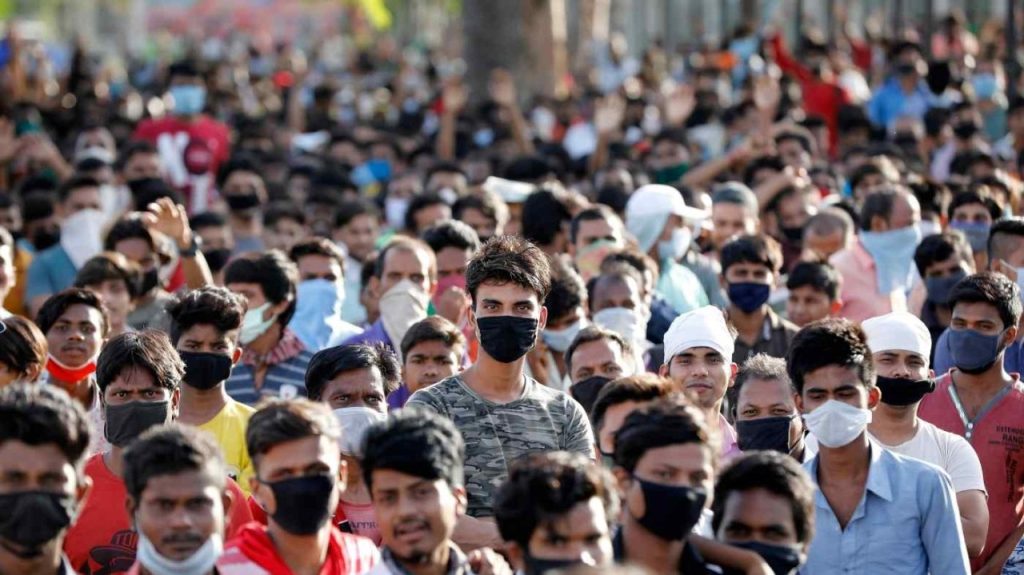In Pakistan, unemployment is a serious problem with far-reaching effects for both people and society. The number of jobless individuals in Pakistan is expected to reach 5.6 million by 2023, a 1.5 million rise from 2021. This article will look at the roots and consequences of unemployment in Pakistan, as well as solutions to this challenging concern.

The Unemployment Challenge
Pakistan has a significant issue with a rapidly growing population, which is predicted to reach 263 million by 2030. This population rise is worsening the problem of unemployment in the country. It puts pressure on the ability of the job market to keep up with the rising workforce. Additionally, the flawed education system worsens unemployment by focusing exclusively on creating physicians, engineers, and business professionals while ignoring practical skills and training that are needed in the work market. As a result, there is a huge mismatch between education and work, which is limiting options for job seekers.

The present economic status of Pakistan has been plagued by insecurity, corruption, and political turmoil for years. As companies struggle to develop and offer job opportunities, these issues have contributed to the ongoing problem of unemployment. Another major element is the energy problem, with regular power outages impeding industrial production and employment development.
High taxation rates in Pakistan, particularly when compared to neighboring nations, restrict corporate expansion and hamper employment development. Addressing tax reforms is critical to attracting investment and creating jobs. The devaluation of Pakistan’s currency and fluctuating exchange rates raise production costs, reducing the competitiveness of Pakistani products in foreign markets. Furthermore, the country’s law and order condition is important since it discourages foreign investment and stifles economic progress.
The technical gap also inhibits industrial development and productivity. Hence, investment in technology and innovation is critical for unlocking the country’s economic potential and creating job opportunities for its citizens.
Effects of Unemployment in Pakistan
The effects of unemployment extend to society, resulting in a decrease in living standards, increased crime rates, and widespread mental distress. The financial impact is big because when one person in a family has to support everyone, it’s tough on their finances. It can strain the country’s money resources. This has an effect not just on the economy but also on stressed workers who face the psychological and financial burden of being the breadwinners for their families. This, in turn, has a negative impact on their general well-being and work performance. Hence, these societal stresses are aggravated when a significant portion of the population is unemployed, causing ripple effects throughout the community.

Recommendations
In order to tackle the unemployment challenges effectively, it is crucial to establish a comprehensive set of solutions and recommendations.
- The population control measures are important for effectively managing the exponentially expanding population, as it surpasses the employment rate. The facilitation of family planning services and advocating for family planning can contribute to this objective.
- It is imperative to reconsider the education system in order to prioritize vocational training and practical skills, thus assuring a workforce that is more employable and in line with the requirements of the labor market.
- Individuals may create their career opportunities by supporting efforts that encourage self-employment and entrepreneurship. This may be accomplished by making short-term loans more accessible, giving tax breaks, and providing resources for company growth. Furthermore, subsidies, lower energy prices, and fostering an investment-friendly climate that promotes business expansion may all help to drive job creation and economic growth.
- Exports and international commerce should be promoted and supported by offering incentives and help to enterprises. This would not only provide more employment possibilities but will also increase the competitiveness of Pakistan’s goods and services in the global market. Pakistan can impact its international footprint by reducing trade obstacles, enhancing logistics, and promoting foreign collaborations, increasing economic development and job creation.
- Allocate financial assistance by the government for strategic infrastructure projects will create jobs and will also promote long-term economic growth. These initiatives span a variety of industries, including construction, transportation, and energy. Pakistan can also create jobs in the near term by investing in infrastructure while also improving the country’s overall connectivity, energy production, and transportation networks, resulting in sustainable economic development and an enhanced quality of life for its population.
The Bottom Line
Unemployment in Pakistan is a multidimensional issue with major ramifications for both people and society. To counteract this problem, it is critical to address the main causes, such as population expansion, deficiencies in the education system, and economic instability. Hence, the suggested solutions may assist Pakistan in moving toward a better future with decreased unemployment and improved economic development.
Disclaimer: Any opinions expressed in this article do not necessarily reflect the opinions of Pakistan Education Review. This content is meant for informational purposes only.







